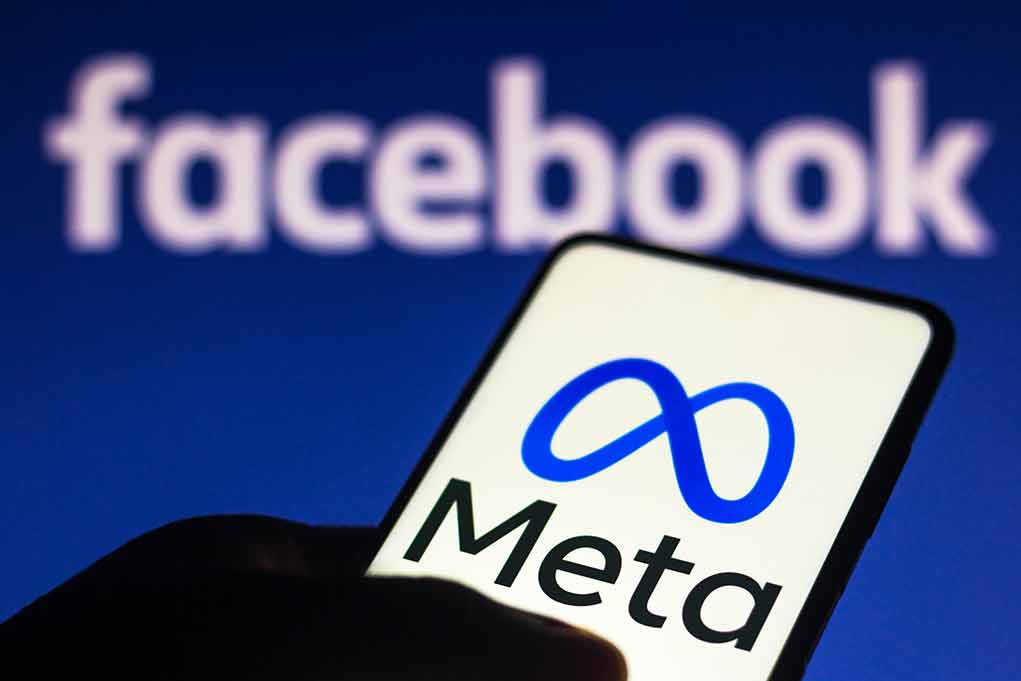Meta, under Mark Zuckerberg’s leadership, has decided to stop engaging third-party fact-checkers on its platforms—a decision that’s causing an uproar. Those wary of political censorship cheer it; others fear misinformation chaos. What does this mean for the future of free speech online?
Meta’s New Direction
Meta’s announcement to cease collaboration with third-party fact-checking services on Facebook and Instagram is a bold step. Mark Zuckerberg, CEO of Meta, cites the political bias and diminishing trust fostered by these organizations as a primary reason. “The fact-checkers have just been too politically biased and have destroyed more trust than they’ve created, especially in the U.S.” Zuckerberg’s decision aims to promote a less moderated political dialogue, a development many conservatives see as a victory in the battle for free speech.
Many users have hailed this shift as a return to Facebook’s earlier days when political discourse wasn’t stifled by the heavy hand of unchecked oversight. However, professional fact-checkers express concern, arguing that their role was never about content removal but rather providing accuracy assessments—a responsibility Meta managed and enforced. Lori Robertson notes, “We did not, and could not, remove content,” highlighting the constraints fact-checkers faced within the old system.
Economic and Content Implications
This decision has stirred economic concerns among fact-checking bodies that relied financially on Meta. The termination of these partnerships threatens some initiatives that significantly depend on such collaborations. Angie Holan reassures, “Fact-checking isn’t going away, and many robust organizations existed before Meta’s program and will continue after it.” As Meta withdraws its financial support, the survival of these bodies might rely more heavily on their independent operations.
“The fact-checkers have just been too politically biased and have destroyed more trust than they’ve created, especially in the U.S.” – Mark Zuckerberg
Critics argue that Meta’s social media platforms, particularly Facebook, have seen stagnation since the worldwide adoption of aggressive fact-checking processes. The enforcement of these measures led to a shift away from impactful political content, contributing to an increase in less valuable material posted on these platforms. By freeing users from these constraints, Zuckerberg hopes it will help restore Facebook’s former appeal.
Future Outlook
Meta’s decision showcases the ongoing struggle social media companies face in balancing free speech and responsibility towards misinformation. As free-market advocates cheer this move as a chance to facilitate a freer exchange of ideas, critics remain vigilant about the potential dangers of unchecked misinformation. Watching how Meta navigates this landscape will undoubtedly provide insights into the evolving digital age.
Ultimately, Meta stands at a crossroads. Observers and users alike are keenly watching how this shift will contribute to the broader narrative around misinformation regulation and free speech in the landscape of social media.
Sources:
Fact-checking organizations respond to Meta policy changes

